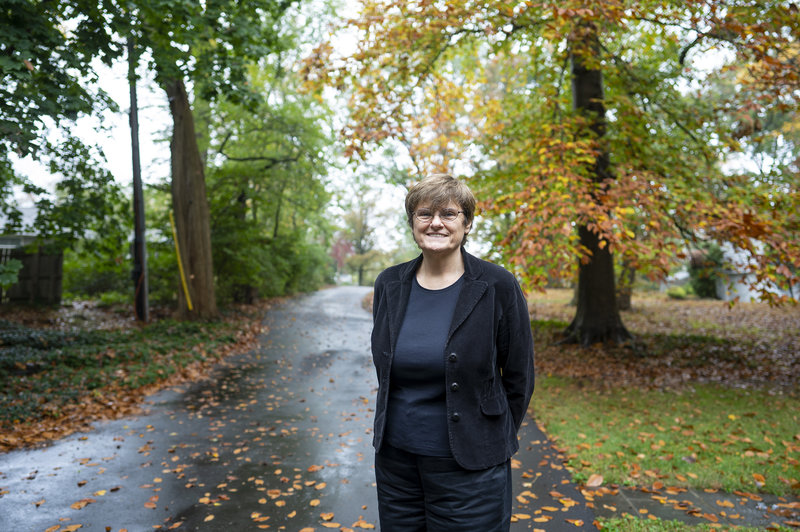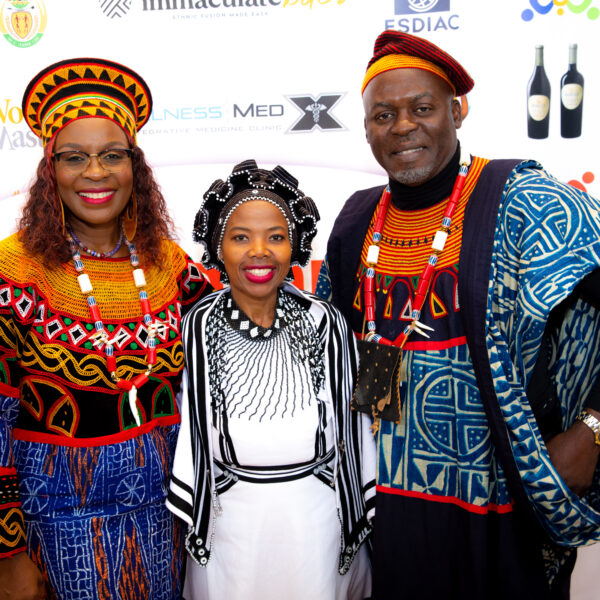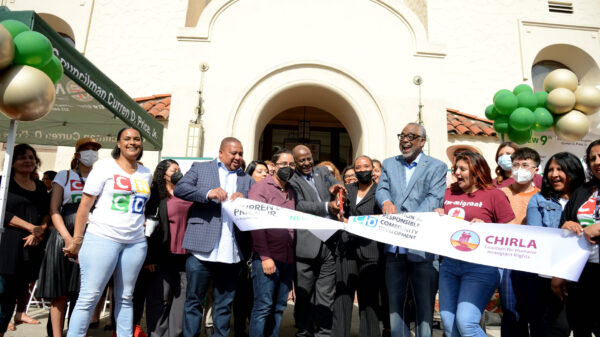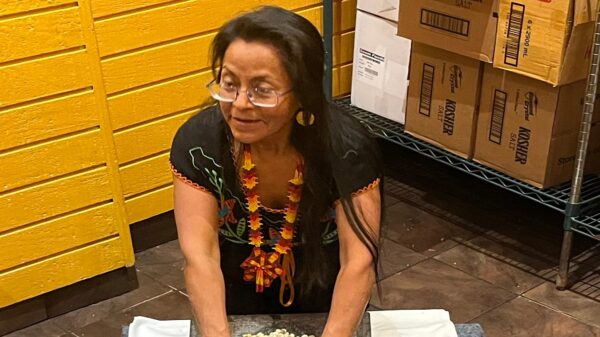Magazine, The Immigrant Experience,Culled From NPR, Joel Rose,
Hungarian-born scientist Katalin Karikó believed in the potential of messenger RNA — the genetic molecule at the heart of two new COVID-19 vaccines — even when almost no one else did.
Karikó began working with RNA as a student in Hungary. When funding for her job there ran out, Kariko immigrated to Philadelphia in 1985. Over the years, she’s been rejected for grant after grant, threatened with deportation and demoted from her faculty job by a university that saw her research as a dead end.
Through it all, Karikó just kept working.
If new COVID-19 vaccines help life in the U.S. get back to normal next year, the nation will have many immigrants such as Karikó to thank. Scientists and investors born outside the U.S. played crucial roles in the development of vaccines from Pfizer and Moderna. It’s a remarkable vindication for the argument — often made by the biotech industry — that innovation depends on the free movement of people and ideas.
Now Karikó is a senior vice president at BioNTech, the company that partnered with Pfizer to make the first COVID-19 vaccine to get emergency authorization in the United States. BioNTech is a company based in Germany and led by immigrants from Turkey.
Immigrants are playing key roles in nearly every aspect of the vaccine effort in the United States. Even the chief adviser to Operation Warp Speed, the Trump administration’s vaccine distribution program, is an immigrant — Moncef Slaoui, the former head of GlaxoSmithKline’s vaccines department.
President Trump often takes credit for the record-breaking speed of vaccine development — and for “unleashing America’s scientific genius,” as he puts it.
But people in the biotech industry say that American genius depends on a pool of global talent.
“We are an intellectual magnet for the best of the best from around the world,” said Jeremy Levin, CEO of Ovid Therapeutics and chairman of the Biotechnology Innovation Organization, the U.S. industry trade group.
Levin, who was born in South Africa, said high-skilled immigrants are attracted to the U.S. for its great educational institutions — and for its biotech industry that’s willing to take big risks.
“We in America are willing to take a chance,” Levin said. “It is the willingness to fail in the endeavor to find a medicine that could make the difference to millions of people around the world. And that characteristic is what’s drawn so many from abroad … who are just going to have a go at it.”
Levin said nearly one-third of the biotech workforce here was born outside the United States. If you also count the children of immigrants, he said, it’s roughly half. But Levin worries it’s gotten harder in recent years for those people to get here.
The Trump administration has placed more restrictions on immigrants who want to study and work in this country. Immigration hardliners accuse pharmaceutical companies and other tech-driven industries of using foreign workers to hold down wages.
The president says he wants to protect American jobs and often talks about immigrants as a threat and a burden. That’s how he talks about the coronavirus as well, referring to it as the “China virus.”
“It’s a very racist comment,” said Dr. Victor Dzau, president of the National Academy of Medicine, a nonprofit in Washington, D.C. He’s an expert on global health who was born in China.
“We all recognize this appears to be a blame game, right? To divert your responsibility by saying that somebody else gave it to us,” Dzau said. “A virus does not see any borders.”




